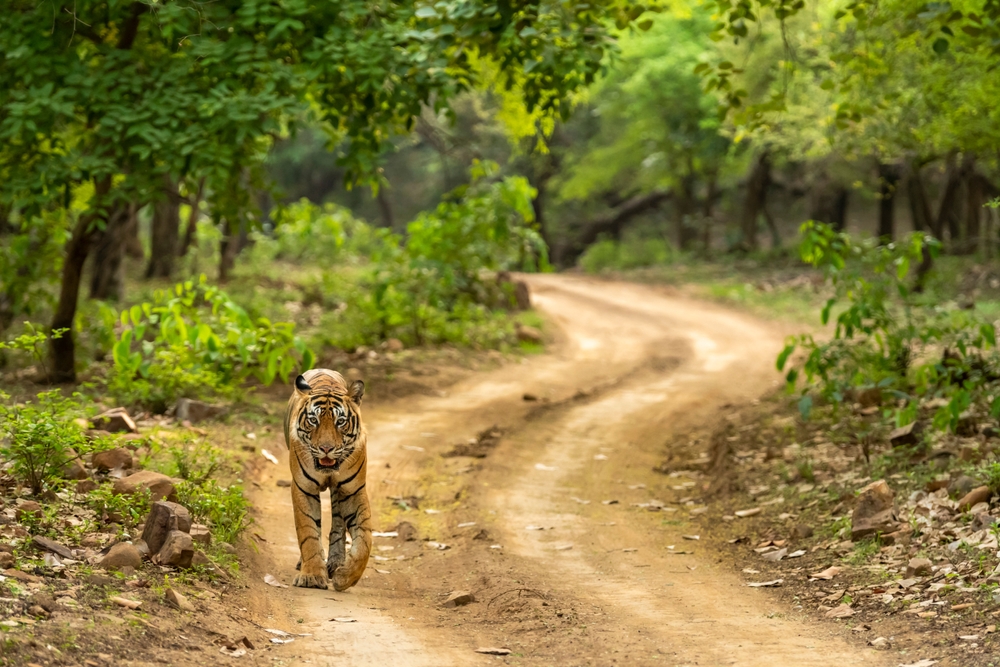Source: Earth.com
A groundbreaking global study has revealed that carnivore movement is far from random, uncovering deep evolutionary differences between dogs and cats. Researchers tracked 1,239 carnivores from 34 species over a decade across six continents, using GPS collars to build the largest dataset of its kind. The findings, published in the Proceedings of the National Academy of Sciences, show that canids—such as wolves, foxes, and coyotes—follow structured “routeways”, repeatedly traveling the same paths.
In contrast, felids like lions and leopards roam more flexibly, adapting their movements to changing conditions. Scientists believe these differences stem from evolutionary traits: dogs’ endurance, stronger olfactory abilities, and spatial memory support habitual routes, while cats’ agility and stealth favor adaptability. The research reshapes ecological models, suggesting predator movements are more predictable and lineage-specific than once thought. These insights could improve wildlife conservation, enabling better protection strategies and understanding of disease spread and predator-prey interactions.
Read the full story HERE: https://www.earth.com/news/movement-in-the-wild-why-dogs-follow-paths-and-cats-roam/

